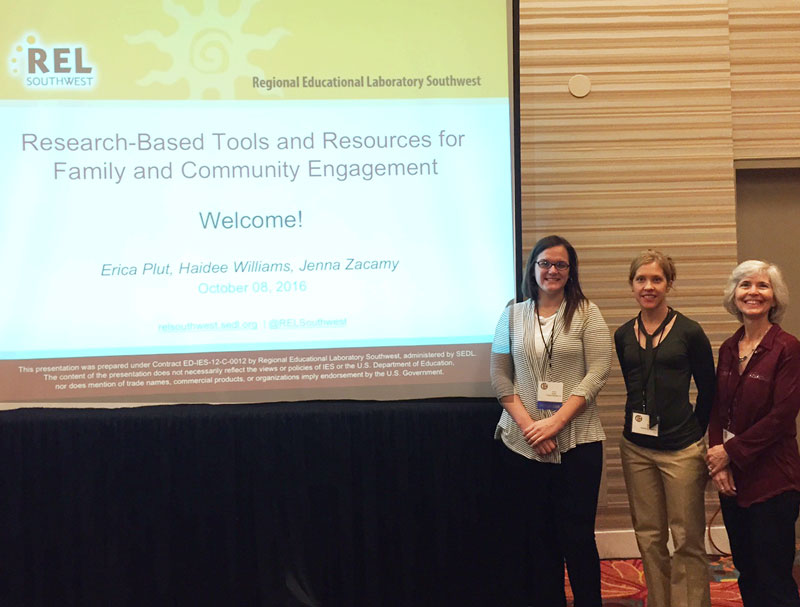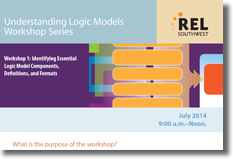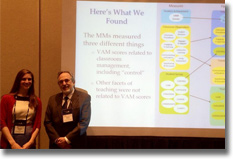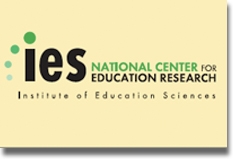Presenting Research-Based Tools and Resources for Family & Community Engagement at the NIEA Convention

On October 8, 2016, Jenna Zacamy, Erica Plut, and Haidee Williams (AIR) presented a workshop at the National Indian Education Association convention in Reno, Nevada. The workshop, Research-Based Tools and Resources for Family & Community Engagement, provided approximately 50 attendees with research literature on this topic, examples of promising practices to engage families and communities in various contexts gathered from the literature, and a method for exploring local programs and planning for improvements. Conversations were rich as attendees shared their current strategies and discussed new ideas. Implementing research-based practices for family and community engagement specific to Native Americans can help improve engagement and achievement outcomes in these unique communities.




